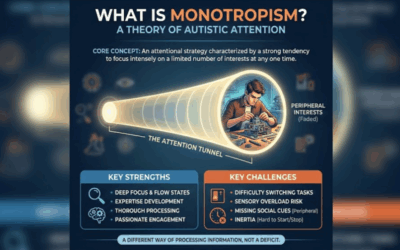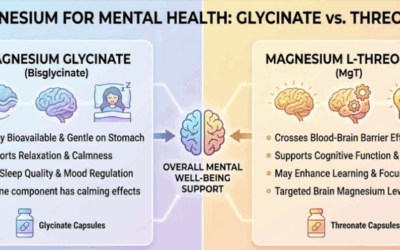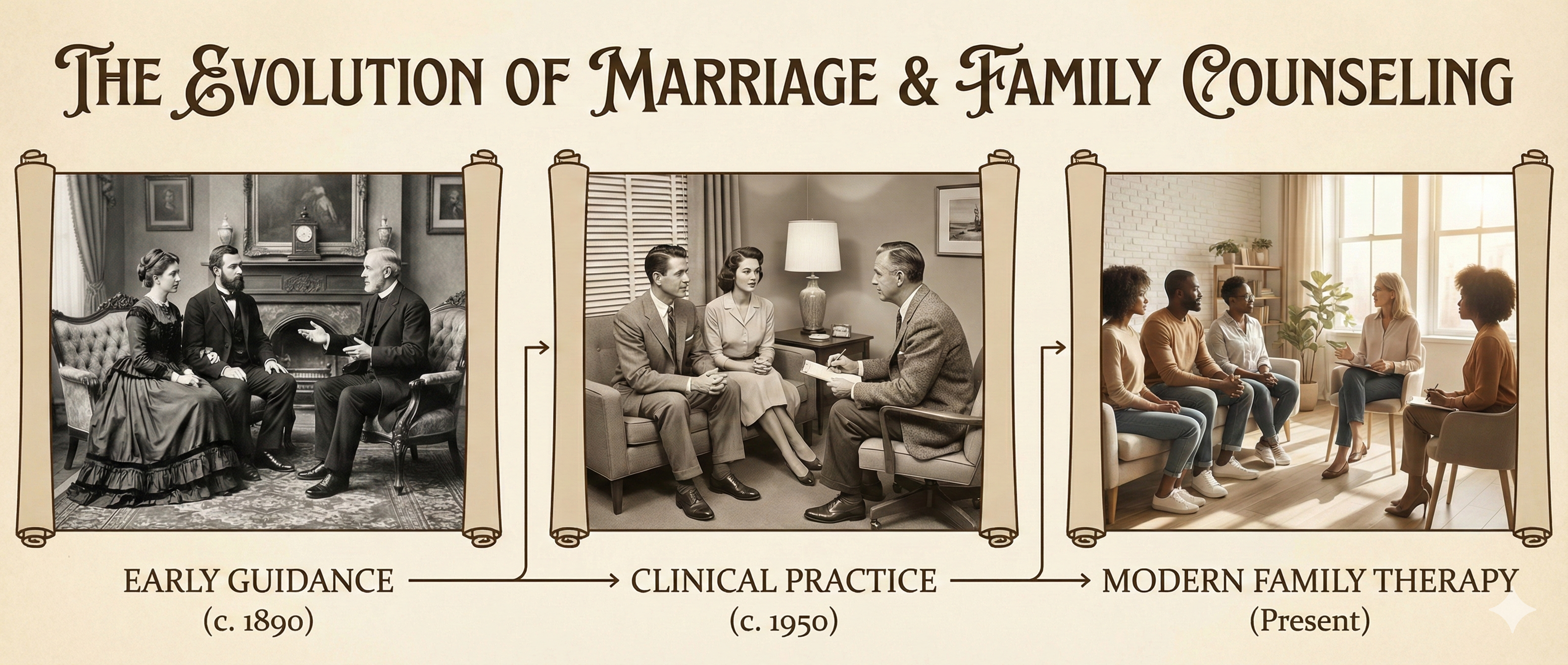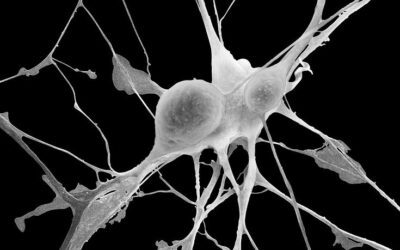How to pick the right therapist

How do I stop it from happening?
Seeking therapy is a courageous step towards improving your mental health and overall well-being. However, finding the right therapist can feel overwhelming, especially when you’re already dealing with emotional challenges. This guide aims to help you navigate the process of locating quality mental health services near you.
Understanding Your Needs
Before starting your search, take some time to reflect on your reasons for seeking therapy and what you hope to gain from the process. Consider factors such as:
- Specific mental health concerns (e.g., anxiety, depression, trauma)
- Preferred therapy approach (e.g., cognitive-behavioral therapy, psychodynamic therapy)
- Logistical preferences (e.g., location, availability, insurance coverage)
Researching Therapists
Once you have a clearer idea of your needs, begin researching potential therapists in your area. Some resources to consider include:
- Online therapist directories (e.g., Psychology Today, GoodTherapy)
- Referrals from healthcare providers or trusted friends and family
- Local mental health organizations or community centers
- University or college counseling centers
When reviewing therapist profiles, look for information about their education, training, licensure, and areas of specialization. Many therapists offer free initial consultations, which can be a valuable opportunity to assess your comfort level and determine if they are a good fit for you.
Evaluating Therapist Fit
Finding the right therapist involves more than just credentials and expertise. The therapeutic relationship is a crucial factor in the success of therapy, so it’s essential to find a therapist with whom you feel comfortable and safe. During your initial consultation or first few sessions, consider the following:
- Do you feel heard, understood, and respected by the therapist?
- Does the therapist’s communication style and approach resonate with you?
- Do you feel a sense of trust and rapport with the therapist?
It’s important to remember that it may take a few sessions to determine if a therapist is the right fit. If you don’t feel comfortable or aren’t making progress after giving it a fair chance, it’s okay to explore other options.
Accessing Therapy
In addition to traditional in-person therapy, there are now more options than ever for accessing mental health services, including:
- Online therapy platforms (e.g., BetterHelp, Talkspace)
- Teletherapy (video or phone sessions with a licensed therapist)
- Text-based therapy apps
- Support groups or group therapy sessions
These alternative formats can be particularly helpful for those with busy schedules, limited transportation, or who live in areas with fewer mental health resources.
While the process of finding the right therapist may require some effort and patience, it is a worthwhile investment in your mental health and well-being. Remember, you deserve to have a supportive and effective therapeutic relationship that helps you navigate life’s challenges and achieve your goals.
Types of Therapy
























0 Comments